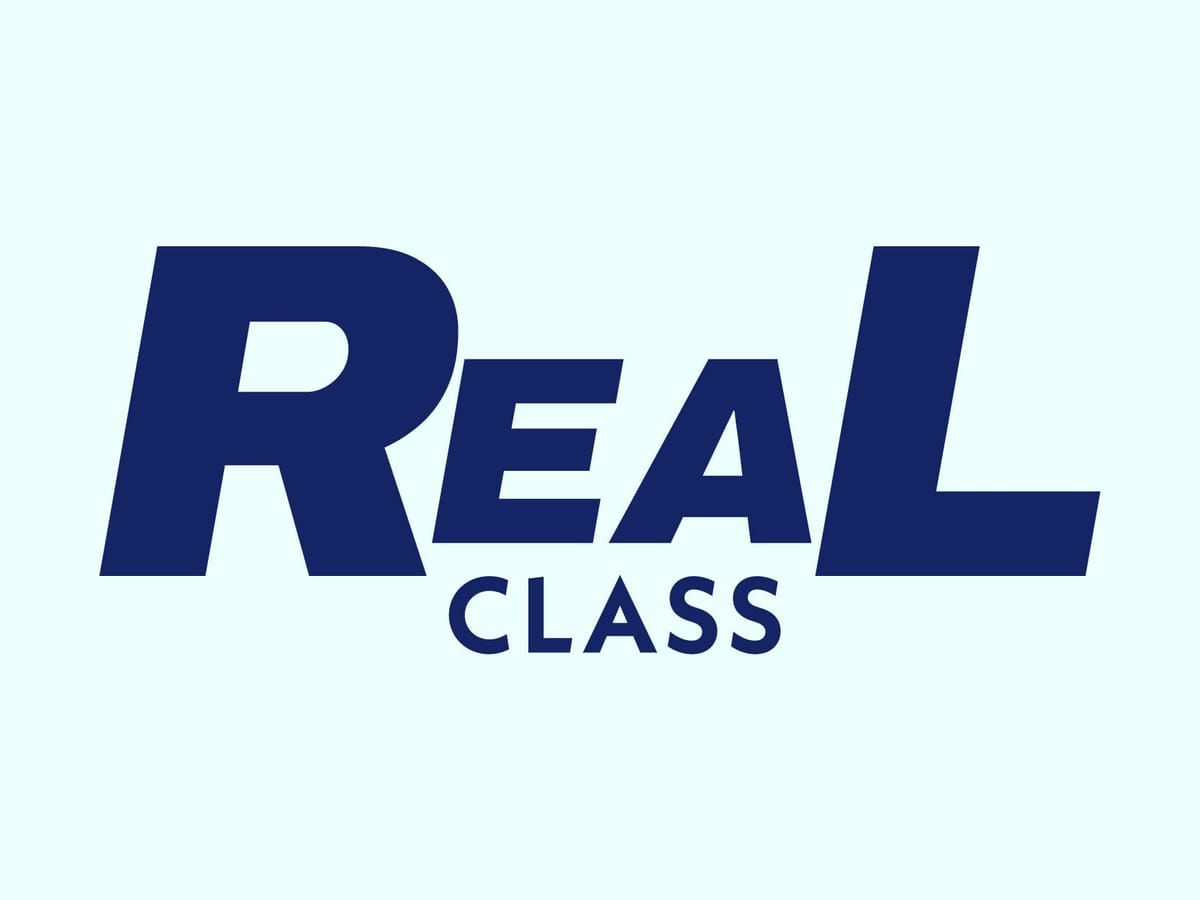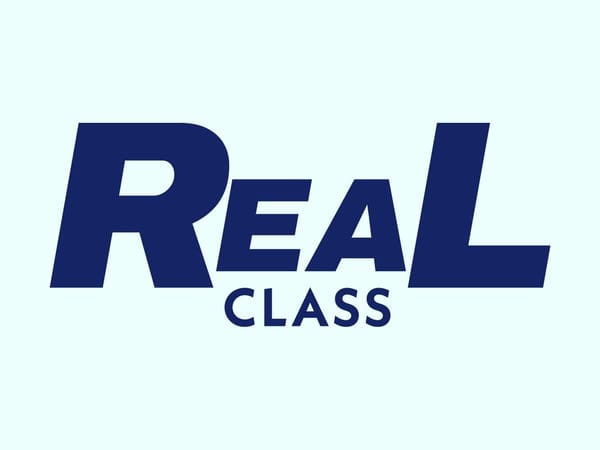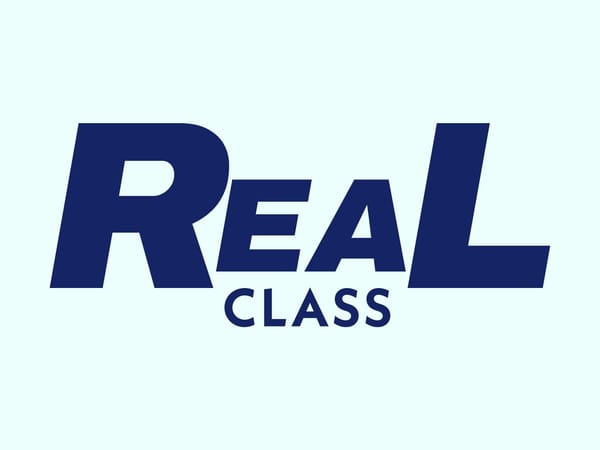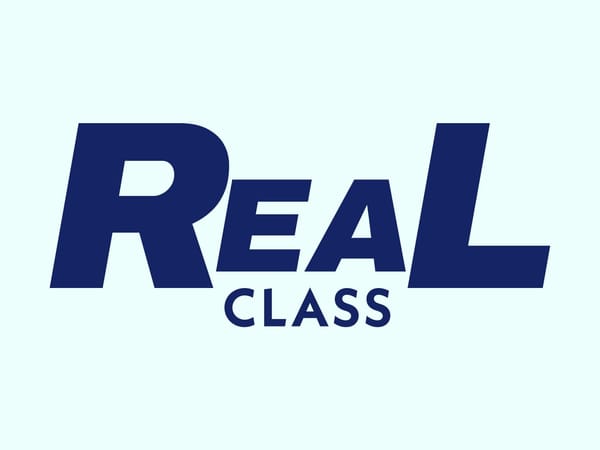How Penrith Panthers made greatness a self-fulfilling prophecy
Winning four Grand Finals back to back to back to back was meant to be impossible in a salary-capped sport.

Five years ago, Penrith Panthers first entertained the NRL with their attacking flair and youthful energy. Celebrating tries with no care or respect for opposition players, they were a young team who had been successful at junior levels, going about things their own way, and they didn’t care who it offended. This confidence from the big personality players like Jarome Luai, Brian To’o, and Stephen Crichton was infectious. They made a statement of carrying their boom box to away games and making their presence known in the changing rooms.
The season ended with them making their first Grand Final since 2003, coming up against the Melbourne Storm, captained by probably the greatest player of the modern era, Cameron Smith. In the last appearance of his career, Smith put on a masterclass in controlling the speed of the game from dummy half. It was a tough lesson taught to a young Panthers side, with star half-back Nathan Cleary citing it as the day he learned how to play Grand Final rugby.
In 2021, the Panthers started the season with much the same squad, minus their captain and talismanic forward James Tamou. After an impressive season of attacking rugby in 2020, the Panthers turned their attention to becoming one of the best defensive sides in the NRL. And with that brought them their first Premiership, courtesy of a victory over Wayne Bennett’s South Sydney in the decider. Cleary won his first Clive Churchill Medal as man of the match and was crowned the Prince of Penrith.
Ahead of the following season, the salary cap started to bite. Four title winners left, with very few signings coming in the other way. Coach Ivan Cleary, Nathan’s father, backed their youth to step up, a recurring theme at the club. The Panthers went on to defend their title and go back to back, something that had only been done once in Australia since the early 1990s. This time the final win was against their old rivals Paramatta Eels in a battle of western Sydney.
Further big names left the club for the 2023 season. Their biggest challenge so far, and one many experts thought was a step too far, was overcoming the loss of their crafty hooker and New South Wales number nine Api Koroisau. In Super League, a three-peat is ludicrously impressive, but not impossible — Leeds Rhinos and St Helens have both done so in the last twenty years. But in the NRL you had to go as far back as the Eels side from 1981-83 for the last time it was achieved — in an era when there was no salary cap. So to win a third Grand Final in a row, in what many call the most entertaining decider in NRL history, was outrageous.
Leading by sixteen points as the game entered the final quarter, Brisbane Broncos could almost taste the champagne after Ezra Mamm scored a dazzling hat-trick in the space of ten second-half minutes. But the Prince of Penrith stepped up once again and put on a masterclass eclipsing what Cameron Smith had delivered in 2020 to bring the trophy back home west, completing the first three-peat in forty years.
By now, having lost so many influential and talented players because of the squeezes of the salary cap, surely any more losses to the squad would make it nearly impossible for this Panthers side to defend their title. In 2024, they lost some of their biggest names yet: cultural leader Stephen Crichton, blockbuster impact sub Spencer Leniu, and fellow Grand Final winners Jack Cogger and Jaeman Salmon, plus first teamers Zac Hosking and Tiny May. It was a hard year, with Cleary injured and out of the side for long periods, but they still managed to drag themselves to a fifth-consecutive Grand Final, where they faced the team against which it all began, Melbourne Storm. It was a battle of attrition; a game for the purists. Much like how the Storm’s big-match nous got them over the line against the Panthers in 2020, this time it was Penrith’s turn to let experience prevail.
Winning four Grand Finals back to back to back to back isn’t meant to be possible in a salary-capped sport. In the NRL, the governing body decides a player’s value, and a club cannot pay under what the NRL deem a player’s minimum value. So by that nature, if you win a comp, your players get selected for Origin and representative football, the NRL increases those players’ minimum value, and the club can no longer afford to keep them all while being compliant with salary cap rules. The majority of players that have left the Panthers have gone on to become some of the best players at their rival teams. They aren’t ‘fringies’. They’re some of the stars of the league. It’s what has maintained such healthy competition in the NRL for so long, but it’s also what makes the Panthers’ four-peat so ludicrously impressive. That’s without mentioning losing two assistant coaches, who have taken head coaching roles at rival clubs, no doubt using systems and tactics established by the Panthers. So how have Penrith done it?
Off the back of winning their latest Premiership in October, the Panthers’ CEO Matt Cameron spoke to ex-England international James Graham on his podcast The Bye Round.
Asked about their unprecedented success in the modern era, Cameron’s first point is that the Panthers set a target each season to be relevant. A top four finish is non-negotiable. But it’s what he said next which started to give a glimpse into the mantra of the Panthers.
“We want to be the benchmark club at preparing our players for life after rugby league. We have a big educational and wellbeing department. We’re really big on players being engaged away from the game.”
So often we focus and speak about what a player can offer to a club and what attributes they bring. But at the Panthers you get the impression it’s much more of a symbiotic relationship.
The Panthers focus on what they can give to the players on a human level. They spend time focusing on what a player’s interest might be outside of the game and then encourage them to engage with that. In the past this has involved enrolling on courses from teaching degrees to tattoo apprenticeships. NRL sides have a thirty-man first-team squad, and 29 of Penrith’s players engaged in an activity away from rugby league last season, with the 30th player signed up to start theirs this pre-season. This holistic approach is backed up by evidence. Statistically, players who are engaged away from rugby league play for longer, get injured less, and earn more money.
So how does this sit with the traditional psyche of an athlete? Graham asks if it was easy to get the buy-in from the players, when for so long it’s been drilled into athletes that they have to go ‘all in’ to achieve the goals they set for themselves. Graham himself has spoken about how having a plan B offers a safety net to fail, and perhaps being comfortable isn’t the environment for a top athlete to thrive. But now with mandatory days off thanks to the Rugby League Players’ Association, players know they have the time to fit other interests into their lives, and know it can help them reap the rewards they crave.
This is now the norm at the Panthers: field session, weights session, education. Improving their overall wellbeing equals a better player. With the average NRL career lasting only 44 games — around two seasons — a club that provides help for life outside of rugby brings the best out of their squad in a whole new way.
But how does a club that has had to shed $1m worth of salary cap space each year for the past four seasons continue to keep going back to back? The salary cap is in place to stop a dynasty like this and to spread success around the league. While the Penrith Panthers’ name has been engraved on the trophy for the past four seasons, each time it has been achieved with different playing squads.
Cameron can see positives in this challenge. “It’s reinvigorating the [squad] list,” he says. “Everyone will have an opportunity to start again.” You can’t let a squad grow old together. Even after success, you need to keep things fresh. Losing players and signing new ones revitalises the roster and evolves the playing style, helping the team stay ahead of the chasing pack. In sport, once a system is shown to be successful, the rest of the competition tend to copy elements for themselves. Imitation is the greatest form of flattery. But Penrith’s constant evolution means every other club is always playing catch up.
Take the departure of Api Koroisau in 2023. Behind Harry Grant, Api was the best hooker in the game and his guile out of dummy half was integral to the success the Panthers had achieved in those first two Grand Final wins. When he left, the pundits thought it would be a step too far and their spine of creative players would suffer.
But Koroisau’s exit just forced half-backs Nathan Cleary and Jarome Luai to take their games to a new stratosphere. In those first two title victories, the spine was so young and inexperienced they needed a hooker like Koroisau who could control a game and shoulder a lot of the pressure. But as Cleary and Luai have gained in maturity and leadership, they don’t need another playmaker calling the shots. They need a hooker who can give them quick service and be a reliable defender in the middle of the pitch. Up stepped Mitch Kenny. Unlike Koroisau, Kenny hasn’t earned representative honours and is on a fraction of the salary Api would command, but he’s become the Panthers’ unsung hero, and given Cleary the platform to become arguably one of the game’s greatest — and certainly one of its most decisive — players in history.
Nathan Cleary broke the hearts of the Broncos in last year's Grand Final! 🤯#NRLThrowback pic.twitter.com/dECfePwvjf
— NRL (@NRL) October 6, 2024
In a similar way, ahead of the 2025 season they have lost prop James Fisher-Harris. The New Zealand captain and 2023 Golden Boot winner as the best player in international rugby league is another irreplaceable loss. This time, they’ve signed back-rower Isaiah Papali'i as his replacement. Papali'i fulfills a different role to Fisher-Harris, but it gives Cleary a new toy to play with, and a new weapon the rest of the league are yet to see Penrith deploy.
Cleary’s half-back partner Jarome Luai has also moved on over the off-season, replaced by twenty-year-old rookie Blaize Talagi. Both Luai and Figher-Harris’ departures are marquee players to other clubs, but in the Panthers’ eyes their exits just make them harder to work out, with coach Ivan Cleary tasked with reshaping the game plan, and two new recruits with fresh motivation to win their first Grand Final rings.
If a consequence of success is losing $1m worth of talent from your squad each season, it’s important to future proof the playing staff. This is where recruitment and development come in. At the Panthers they invest a lot into their local communities at grassroots level to ensure participation numbers are up each year. Their main focus is the western corridor, and the club takes three home matches a year out there to promote the game. Penrith have three regional academies out west, with the likes of Dylan Edwards, Isaah Yeo, and Liam Martin — three players who have started all four Grand Final victories — coming through those systems.
There are strict criteria when recruiting, including two fundamentals. One is the coffee test. Before any player at any level is set to join the Panthers, they’re taken out for a coffee with a member of staff and judged if they possess a good character or not. Do they say please and thank you, engage with the people around them, work hard? Once the Panthers’ logo is on your clothing, you’re a reflection of the club, and that’s what’s expected of you. And secondly, if you want to play in Ivan Cleary’s team then you need to be fit, at that point the coaches can work with the raw materials. It’s fitness when under the pressure, and the resilience players display in those situations, that is so essential to the Panthers. This is the entry level to their recruitment.
Lee Hopkins is the pathways manager at the Panthers, and it’s his job to align all grades to play the same way as the NRL side under Ivan Cleary. The idea is that when the time comes to hand over a player to the first team, he is fit enough to cope with Cleary’s expectations and can be coached into an NRL player without playing catch up physically. It makes for a seamless transition, and explains why the youth have held this side together despite the squad suffering from so many departures.
It doesn’t take a genius to know that roster management is a key component to maintaining success. But at the Penrith Panthers, they have their playing roster mapped out until 2028, four years in advance. “I could name what I think the starting team will look like in the next four years,” Cameron says. “I have three moving pieces at the moment for 2026. Apart from those, the starting thirteen at the Panthers is locked in.”
Five years of data has given the roster management a percentage figure that they believe the starting thirteen should take up of the cap. Broken down even further into: the forward pack, the spine, and the backline to create a balanced side. There are no clauses in any of their contracts giving players the choice whether they want to extend their deals or not, there are no State of Origin bonuses, there are no surprises that can occur to skew the cap. The Panthers are in control, disciplined and principled with the management, even if it means losing a player they’d prefer to keep.
“You get the shits for a day,” Cameron says of a player leaving for a bigger contract than Penrith can afford. “And then you wake up to yourself and go, ‘That young man’s life has just been changed and you’ve been a part of it.’ I think nineteen of the last 27 players to leave our club have gone on to sign the biggest contract they’ve ever signed.”
Ultimately, Cameron compared managing the salary cap to a household budget. You need gas and electricity, that’s Luai and Cleary. You need water, that’s Yeo, their co-captain and leader of the forwards. As you start to work down the list, you get to the sports channels. Do you want to pay full price for Sky Sports and BT Sports, or do you want a provider that covers the majority, if not all, of both but for half the price? These are the players you’d love to keep, but are a luxury to the side and can be covered for much cheaper by one or two other players.
Stephen Crichton is a superstar, a tryscorer in four consecutive Grand Finals prior to his departure, but before the 2024 season he left for an $800k contract with Canterbury Bulldogs and was replaced by $250k signing Paul Alamoti and Daine Laurie, who took a pay cut to join from Wests Tigers. Neither player has the talent of Stephen Crichton, who immediately became captain at the Bulldogs and inspired a transformative season, but that meant Penrith could keep the gas, electricity and water running for one more year in Luai, Cleary, and Yeo.
While Crichton was watching the 2024 Grand Final from home with his season at the Bulldogs coming to a premature end, his former teammates were winning another Premiership. And as fate would have it, the title was secured by a match-sealing try from Crichton’s successor Paul Alamoti, the latest player off the production line of a club that keeps replacing the irreplaceable. ⬧




